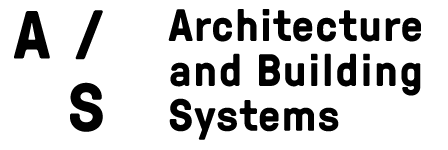Master Thesis Spring Semester 2024: NOT GOOD ENOUGH N°II
NOT GOOD ENOUGH N°II
Master Thesis Spring Semester 2024
In collaboration with Christ & Gantenbein
For application please follow the instructions of D-ARCH, ETH Zurich
"Not good enough Part II" is the continuation of our exploration into the legacy of the agglomeration, the unplanned city. While in the previous semester, we examined and systematically analyzed an entire valley section, in the upcoming semester, we will focus on a small selection of typical buildings and plots in the Basel agglomeration: residential blocks from the 1970s, commercial buildings, a small factory, and possibly some vacant plots will serve as the starting point for the design.
The hypothesis underlying the project remains the same: The existing urban, architectural, and often social and ecological conditions are insufficient – simply put "Not good enough". There is an urgent need for action. Nevertheless, embarking on a radical new start, the well-known Tabula Rasa, is no longer a viable choice. The existing structures have already led to substantial material consumption, and the emission of excessive CO2 further complicates the prospect of their removal. In a holistic view, it quickly becomes clear that whenever possible, the existing structures must be preserved and repurposed.
The new sustainable city, therefore, emerges from the city that our predecessors have handed down to us. This fragmented city, primarily oriented towards cars and fossil fuels, forms the basis for our current work. The boomtown of yesterday must be transformed into the low-energy city of tomorrow. An equally demanding and inspiring task!
The conceivable approaches to solutions are broad and varied. They all require imaginative ideas, architectural virtuosity, and technical intelligence. Whether it is the renovation and transformation of an existing building, an extension, complementation, and densification of existing structures, or even an urban redefinition through a new construction. All these projects consistently start from the context and its existing conditions, creating something new in alignment with what is already there.
This studio is therefore offered in collaboration with the Chair of Architecture and Building Systems led by Arno Schlüter. The interface, or rather the conceptual interplay between typology and building systems, will play a particularly important role in the design process. We will use digital tools to examine buildings in terms of energy and climate design and also incorporate these tools into the design process. In addition, on-site field research and the investigation of the agglomeration will play an important role.

